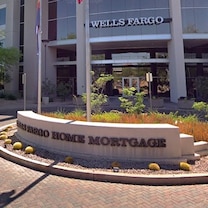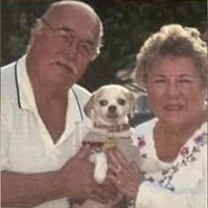No Grocery Store of Its Own? Community Takes Action
A Syracuse area riddled with vacant buildings creates a community-run shop.
SYRACUSE, N.Y., Nov. 26, 2009— -- Shopping for this year's Thanksgiving dinner in Syracuse, N.Y.'s, South Side has been more difficult than usual: The community has been without a neighborhood grocery store for more than a year.
"It looks so sad on your eyes where P&C was," said Mabel Wilson, remembering how she used to walk down the street to the store. "There were a lot of cars there, and the neighbors would be shopping. I would see my neighbors with their push carts. That's how close it was for us to go to that grocery store.
"But no more," she added. "I miss that."
It's a problem Wilson shares with her neighbors on the ailing South Side of Syracuse, a neighborhood that too often seems defined by high unemployment and vacant buildings, where community residents had to find other places to buy their staple foods after the P&C grocery store in Valley Plaza on South Salina St. closed.
Neither she nor her neighbors have been given a straight explanation as to why the store closed. They also don't know why another chain hasn't taken the vacant store's place.
But Wilson and her neighbors are not waiting for answers. They're building a grocery store of their own.
On Nov. 19, Jubilee Homes, a nonprofit development agency, announced the purchase of property at 601 South Avenue, in the heart of Syracuse's South Side, for $350,000. There they hope to build a community-run grocery store. Funding comes from a $3 million settlement with the county over the building of a sewage treatment plant in a South Side neighborhood.
"The goal for the organization is for the grocery store to be built from the bottom up," said LaRhonda Ealey of Jubilee Homes. "We want it to be community-driven. We want to get the community's input."
Walt Dixie, Jubilee Homes' executive director, told a community meeting Nov. 19 that he wants to try a Pathmark model for the new grocery store. As he explained, Pathmark was conceived by a group of clergy in New York City's Harlem neighborhood who saw the same void as Syracuse neighbors see.




